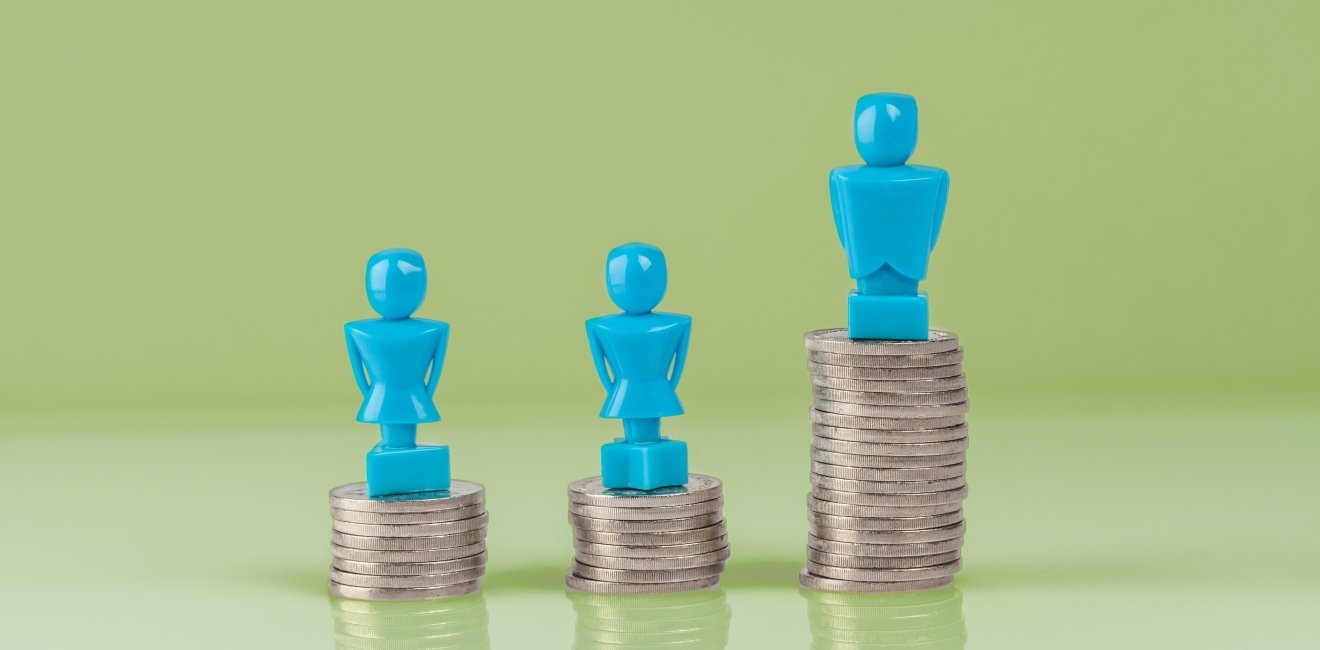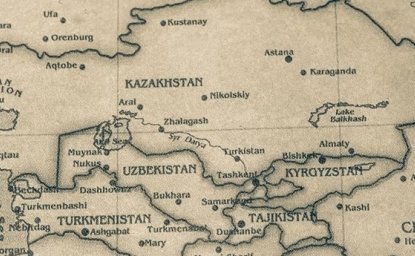Gender equality is essential to sustainable development. Building strong and inclusive economies requires fully integrating women and girls into all spheres of human endeavor, not only as beneficiaries of equal opportunities, but as powerful shapers of social and economic development.
The World Economic Forum's Global Gender Gap Report shows an increased disparity between men and women, with the average gap increasing to 32 percent, compared to 31.7 percent last year. After decades of slow but constant progress, 2017 was the second consecutive year in which progress regarding economic participation was reversed. The economic sphere remains one of the most challenging global gender gaps; only 58 percent of the economic participation gap has been closed. If this trend persists, it will take 217 years to eradicate.
The Latin American and Caribbean region is ranked in the middle of the Global Gender Gap Index, with an average gap of 29.8 percent. Remarkably, the region is home to two of the top 10 fastest-improving countries in the world: Nicaragua and Bolivia. Undoubtedly, the region has made important strides in the last decades, as more than 70 million women have joined the labor force. Nevertheless, the economic gender gap remains a significant challenge. According to the U.N. Comisión Económica para América Latina y el Caribe (CEPAL), the female labor participation rate still stands at 50 percent in the region, compared to 80 percent of male labor participation. In addition, men continue to earn more than women for doing the same job. In Chile, Brazil, Mexico, and Peru, men in professional fields can earn up to 25 percent more than their women counterparts. The service sectors are still women’s major areas of employment and women continue to be under-represented in the fields of science and technology. According to the CEPAL Gender Equality Observatory, an average of 31.1 percent of women in the region do not have personal financial resources, based on access to paid work. This lack of financial autonomy limits their decision-making power and increases their vulnerability.
Women’s economic empowerment should to be a priority on the region’s development agenda as it is a powerful catalyst for progress. When women generate their own income, experience shows that they invest in their families and communities. Furthermore, women’s economic empowerment means greater participation, opportunities, and control over resources. This, in turn, contributes to gender equality, social development, poverty eradication, and inclusive economic growth. In addition, it is potentially helpful in addressing other problems women face, such as gender violence.
In order to leverage female economic empowerment, the region needs to tackle several challenges, including but not limited to fostering women’s financial inclusion. According to the World Bank’s Global Findex Report, women face many more barriers than men with respect to access to financial services. Their exclusion implies minimal support for risk mitigation, entrepreneurship, evenness of consumption, asset accumulation, and wealth creation. The lack of access to financial services reduces women’s capacity to escape the poverty trap and manage their own resources independently, thereby reducing their opportunity to participate in productive projects.
Latin American women, especially poor women in marginalized areas, have minimal access to bank accounts, credit, savings mechanisms, digital payment methods, investment opportunities, and insurance. What makes participating in the financial market so difficult is that women of low income do not meet institutional requirements: they typically do not hold property titles or have a credit history or other collateral to serve as a guarantee. There are technological, policy, legal, and cultural barriers that constrain women’s participation in the financial market. These obstacles marginalize women from the economic system and perpetuate the gender economic gap. Furthermore, many women in Latin America lack a basic financial education about ways to manage their resources efficiently and recognize savings and investment opportunities. As a result, they do not benefit from services that could provide support in the face of negative economic shocks.
In expanding women’s access to financial services, it is important to be aware of the factors, including discrimination, that limit such access and to work towards the design of new policies. Improving financial inclusion and financial literacy requires adopting long-term, innovative approaches that specifically incorporate a gender perspective.
Enhancing women’s economic empowerment requires providing women at the base of the economic ladder with affordable financial tools to save, obtain loans, make investments, and increase financial literacy. According to recent research carried out in Chile cited by an Innovations for Poverty Action (IPA) recent study, women who received access to a savings account not only reduced short-term debt by 20 percent, but also improved their families’ educational level, nutrition, and healthcare. The Chilean experience and others like it demonstrate the expansive impact of more gender-inclusive financial ecosystems.
Closing the economic gender gap is not simply a matter of social justice. It is also a driver of progress. According a recent Gallup-International Labor Organization (ILO) study, global GDP could increase by $5.3 trillion by 2025 if the economic gender gap was reduced by 25 percent. Concrete steps are needed to enhance women’s financial inclusion and empowerment in order to narrow the economic gender gap and foster sustainable development.
*Angélica Fuentes is a leading entrepreneur. She is the founder of Equal Invest; the founder and president of A Complete; and strategic director and co-founder of The Imperative Fund. The views expressed here are her own.
[[{"fid":"107081","view_mode":"default","fields":{"field_file_image_alt_text[und][0][value]":"A map of Latin America that emphasizes the importance of gender equality for sustainable development","field_file_image_title_text[und][0][value]":"","field_file_source[und][0][value]":"Cristina Meléndez, Wilson Center","field_file_caption[und][0][value]":""},"type":"media","attributes":{"alt":"A map of Latin America that emphasizes the importance of gender equality for sustainable development","class":"media-element file-default"}}]]
Author


Latin America Program
The Wilson Center’s prestigious Latin America Program provides non-partisan expertise to a broad community of decision makers in the United States and Latin America on critical policy issues facing the Hemisphere. The Program provides insightful and actionable research for policymakers, private sector leaders, journalists, and public intellectuals in the United States and Latin America. To bridge the gap between scholarship and policy action, it fosters new inquiry, sponsors high-level public and private meetings among multiple stakeholders, and explores policy options to improve outcomes for citizens throughout the Americas. Drawing on the Wilson Center’s strength as the nation’s key non-partisan policy forum, the Program serves as a trusted source of analysis and a vital point of contact between the worlds of scholarship and action. Read more

Explore More
Browse Insights & Analysis



